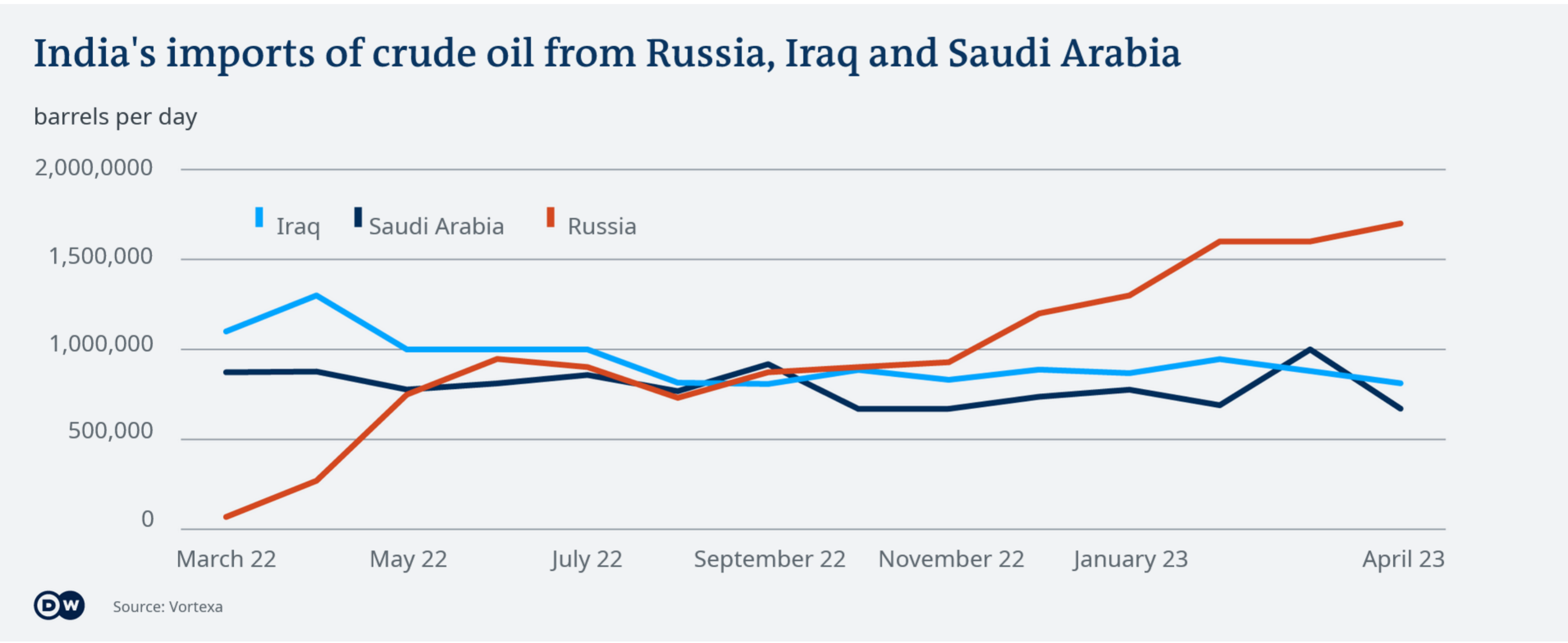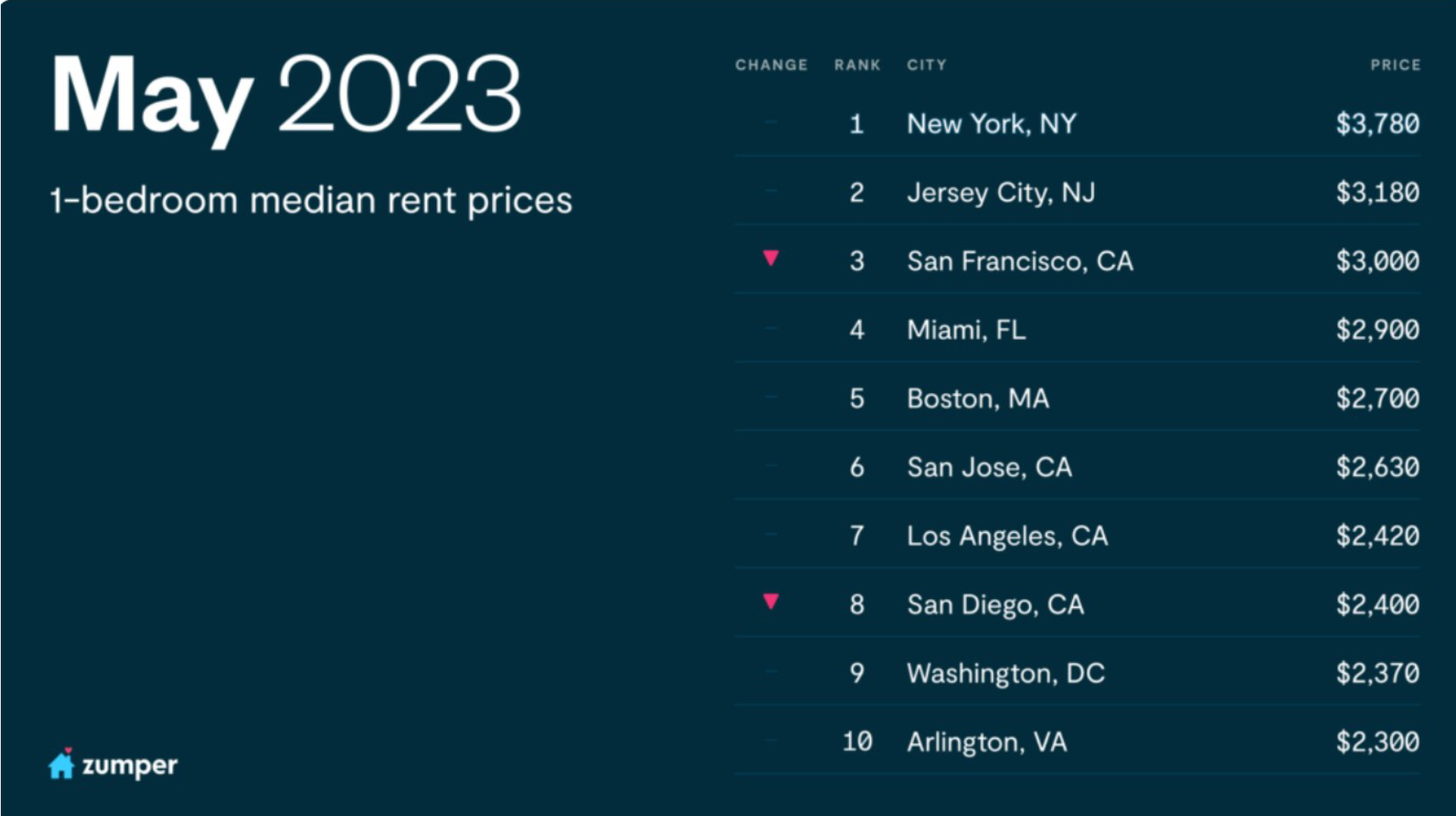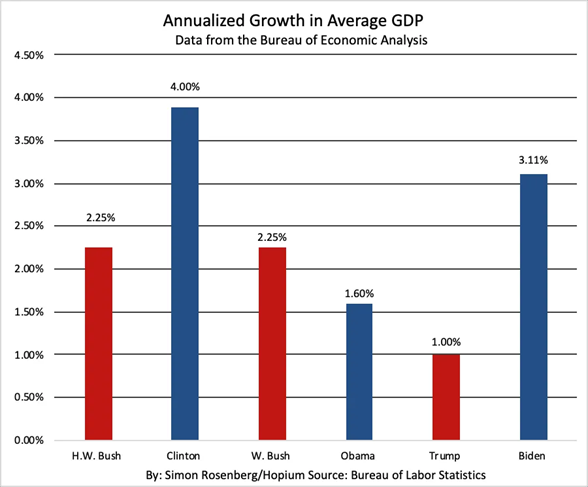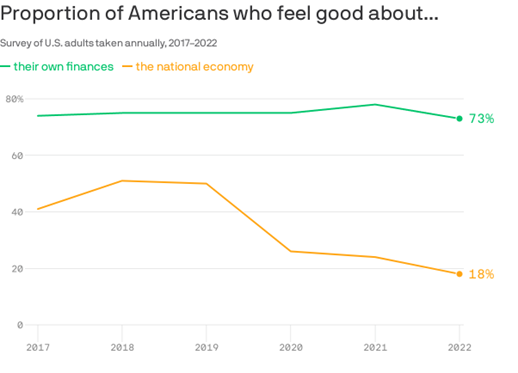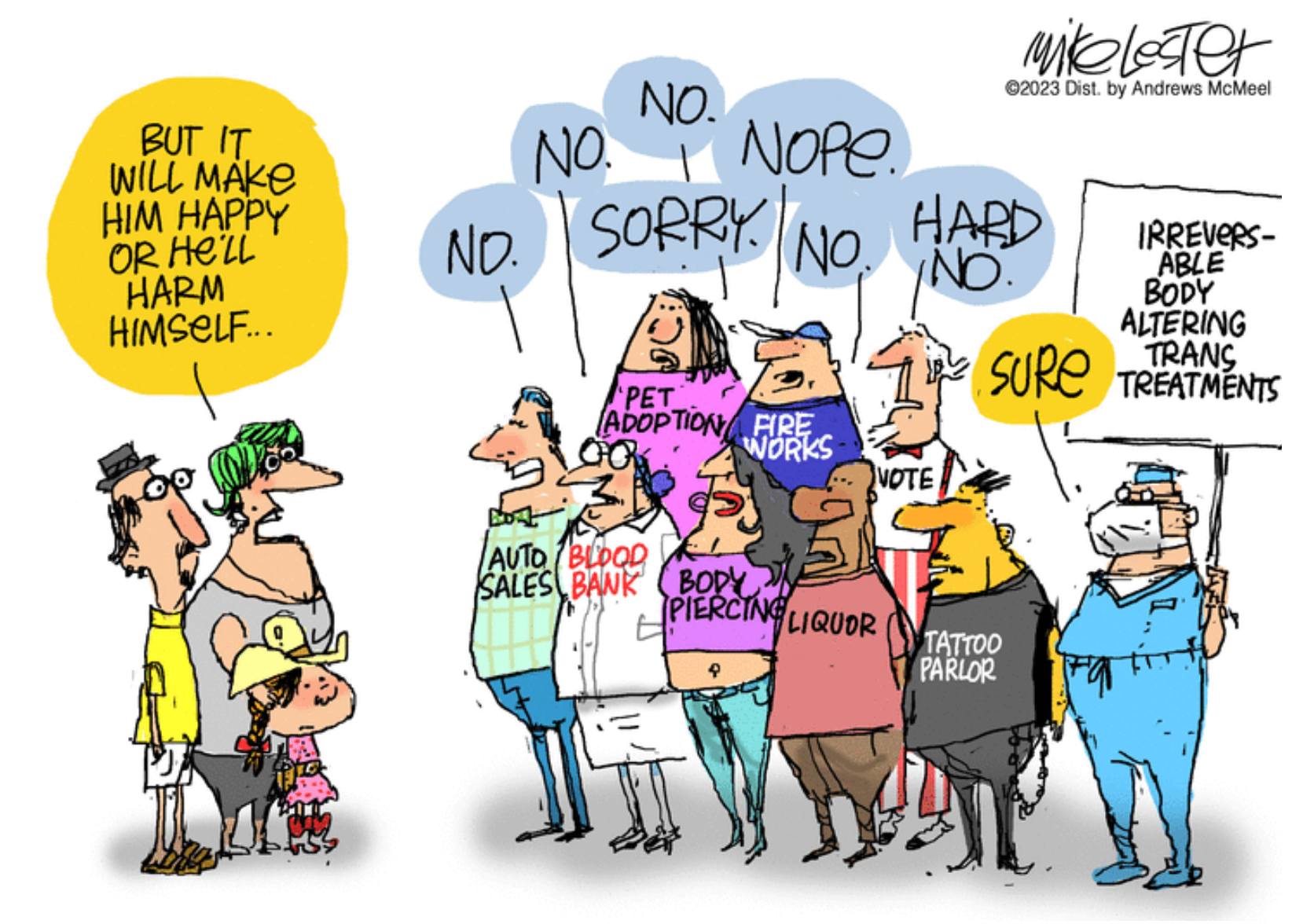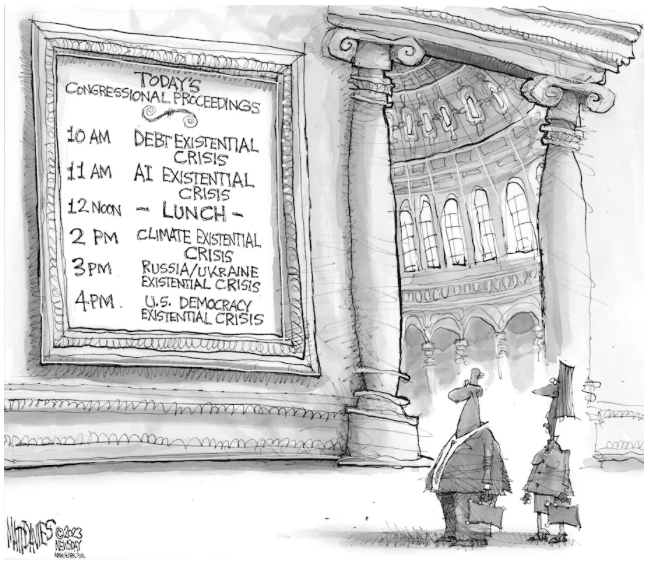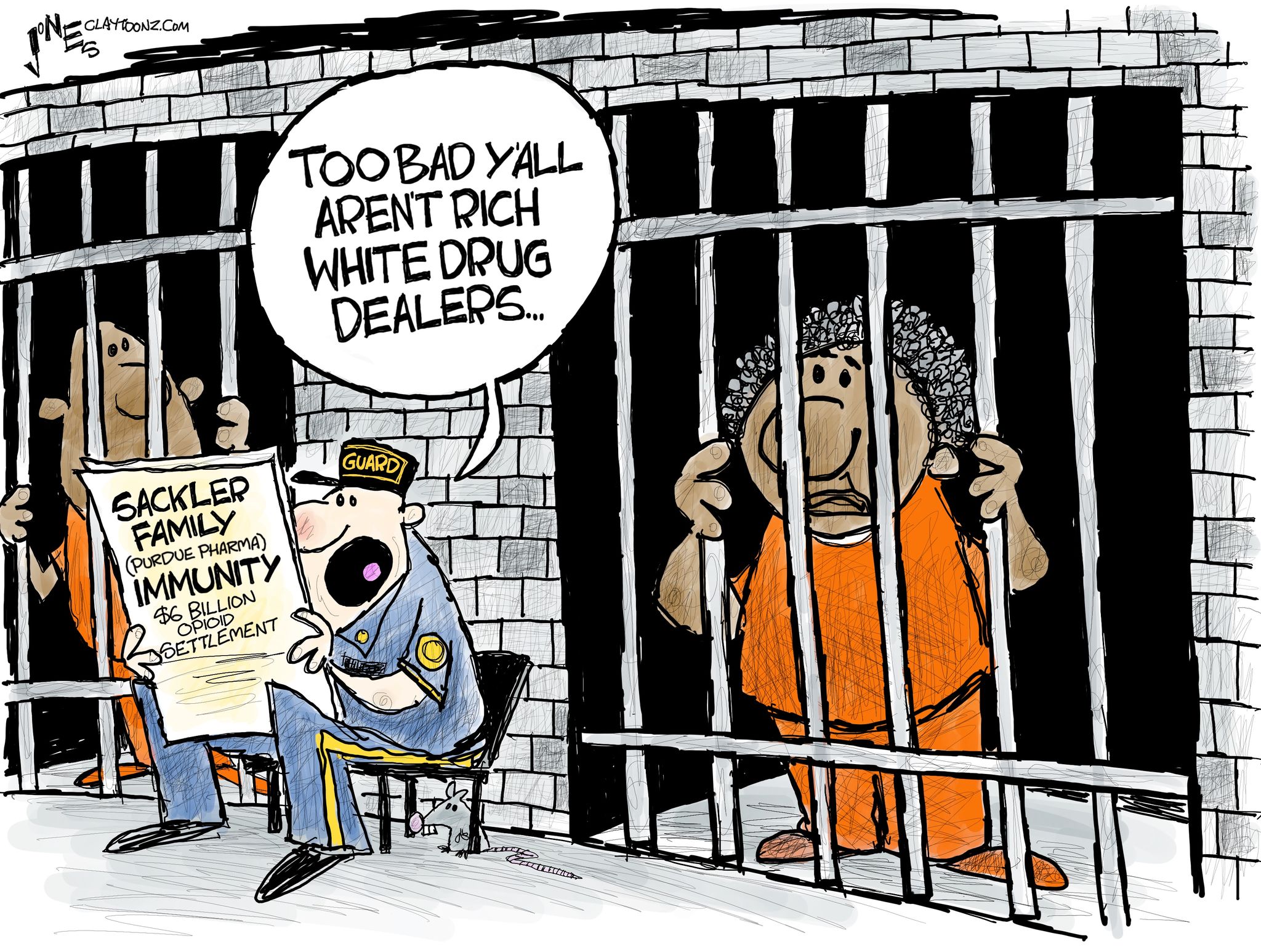The Daily Escape:
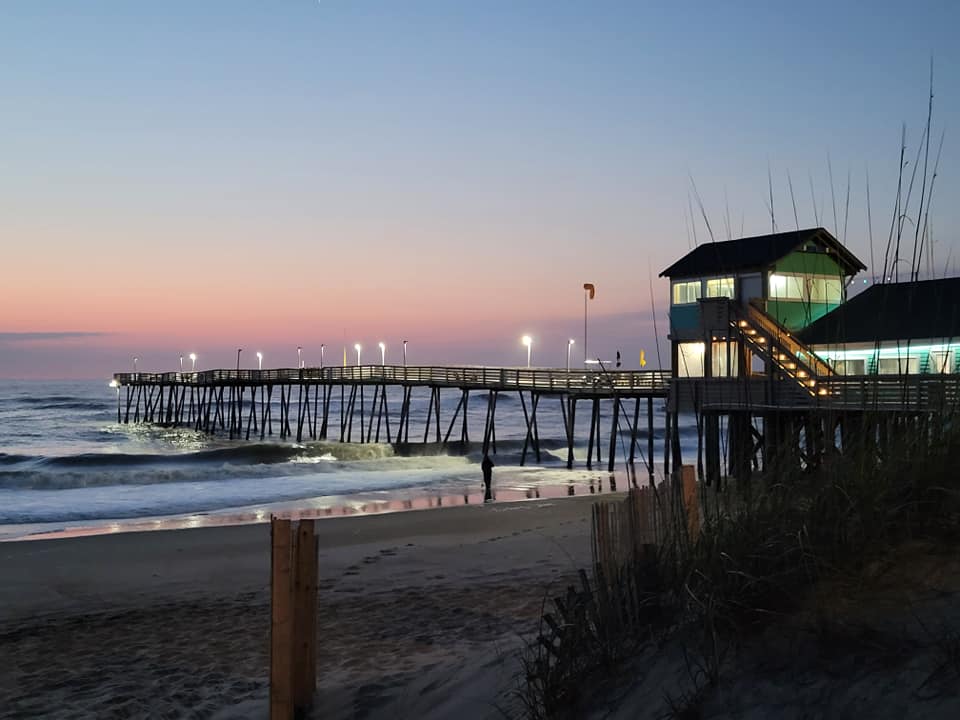
Dawn, Outer Banks, NC – June 2023 photo by Stephen P. Szymanski
Wrongo promised himself that he wouldn’t write about the Trump indictments, but that was yesterday, so here we go. Mother Jones had a great take Wrongo hasn’t seen elsewhere. It’s from Reality Winner who was the first person to be prosecuted under the Espionage Act by the Trump administration:
“In 2018…Winner pleaded guilty and was sentenced to five years and three months in prison after leaking a top-secret report on Russian hacking to the media….The former intelligence contractor and Air Force linguist made the comments in a new interview with NBC… ‘It wasn’t hard to believe’, Winner told NBC on Friday. ‘This is a man that really likes trophies.’”
“This is a man that really likes trophies.” There are people who get paid seven figures to cover national politics who didn’t know that. What’s ironic is that the most serious charge against Trump is for violating the Espionage Act that he signed into law. More from Winner’s NBC interview:
“This is probably one of the most transparent and straightforward indictments that defines national defense information and gives the public a sense of the itemized description of every document, which is not how this particular law has been used against ordinary citizens…”
Ordinary citizens like Winner. She has said that the application of the Espionage Act is inconsistent and vague. But she went on to say that the indictment against Trump is remarkably specific on what he allegedly took and that there wasn’t any indication that he was acting for the greater good of the public: (emphasis by Wrongo)
“So this might set the new legal standard on how it will be used in the future. Perhaps it could give people like myself who were acting out of moral conscience more leverage under the law.”
Dems say, “we’re treating Trump like an ordinary citizen”, but that isn’t been true. He was given a ton of latitude and deference. An ordinary citizen (like Winner) went to jail after being charged. No ordinary citizen would have remained free and had their case moved to a special prosecutor at DOJ.
But most importantly he would have been given a “get out of jail free card” if he had simply returned the documents. There would have been no charges, just like there were no charges for Biden or Pence, who both happened to have stray secret documents lying around.
Yet, no ordinary citizen gets a do over from the feds.
But his ardent defenders on the right ignore that Trump got special handling. They really aren’t attempting to defend him on the merits because what he did was indefensible. You can’t be an ex-president who holds on to some classified documents and then shows them to random people in his orbit all while refusing to return them to the government.
Trump can’t then argue he should be given a “get out of jail free card”. Too late, times up.
The Republican Party has every right to demand that the nation consider Trump innocent until proven otherwise. We all know that the burden of proof resides with the government. But Republicans need to get real about the Trump documents case.
They can squint as hard as the can, but they won’t see government abuse here.
Wrongo knows that pointing out that Republicans are hypocrites no longer flies as an argument, but he remembers their 2016 presidential campaign attack against Hillary was that she failed to comply with information security best practices, even though no secret documents were found on her server.
But that was still considered a federal offense by Republicans: “Lock her up”, etc.
And now, with Trump actually criminally misappropriating classified documents and his subsequent obstruction of justice, it isn’t enough to get Republicans to say: “hey, let’s see if he gets convicted.”
“Few events in American history have riveted the people’s attention, as have the legal travails…of… Trump. The Republican Party has been steadfast in its support of the former President, notwithstanding those civil and criminal charges that have been brought against him…”.
Time to wake up America! About half the country believes that the FBI and the DOJ operate on a double standard. They no longer trust the media. These are existential problems that threaten the entire nation. Republicans: Take Trump’s name off of the indictment and replace it with anyone else’s name. Then decide if that person should be prosecuted.
To help you wake up watch and listen to this Jimmy Fallon Trump parody to the tune of the Pointer Sisters’ song “I’m so excited”. Here’s “I’m So Indicted“:




